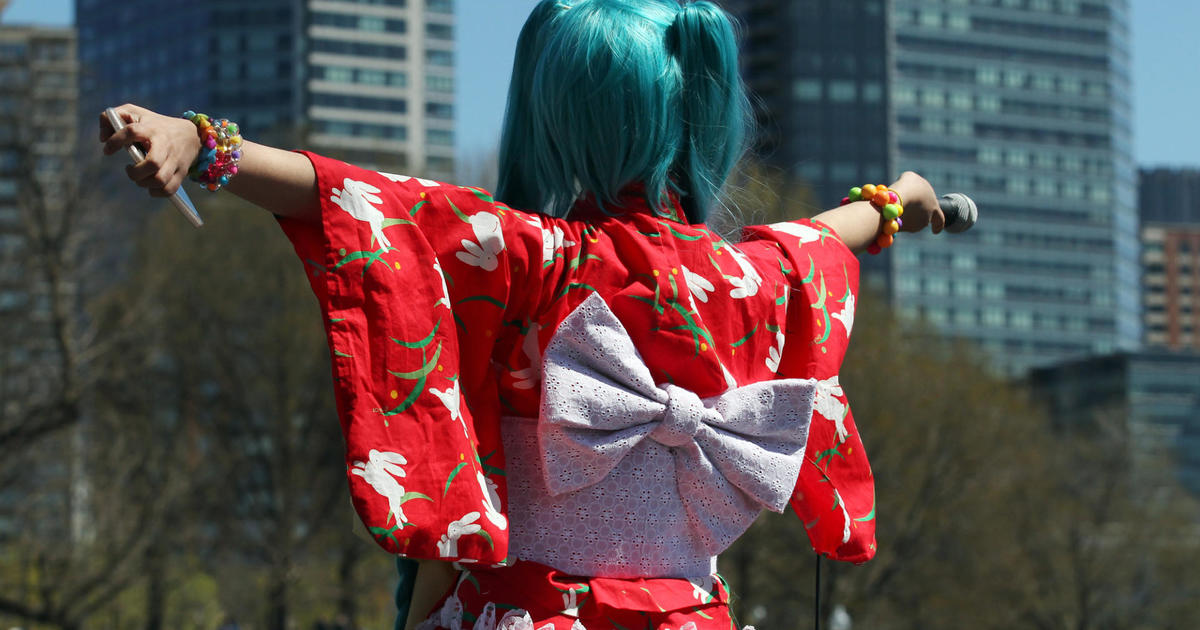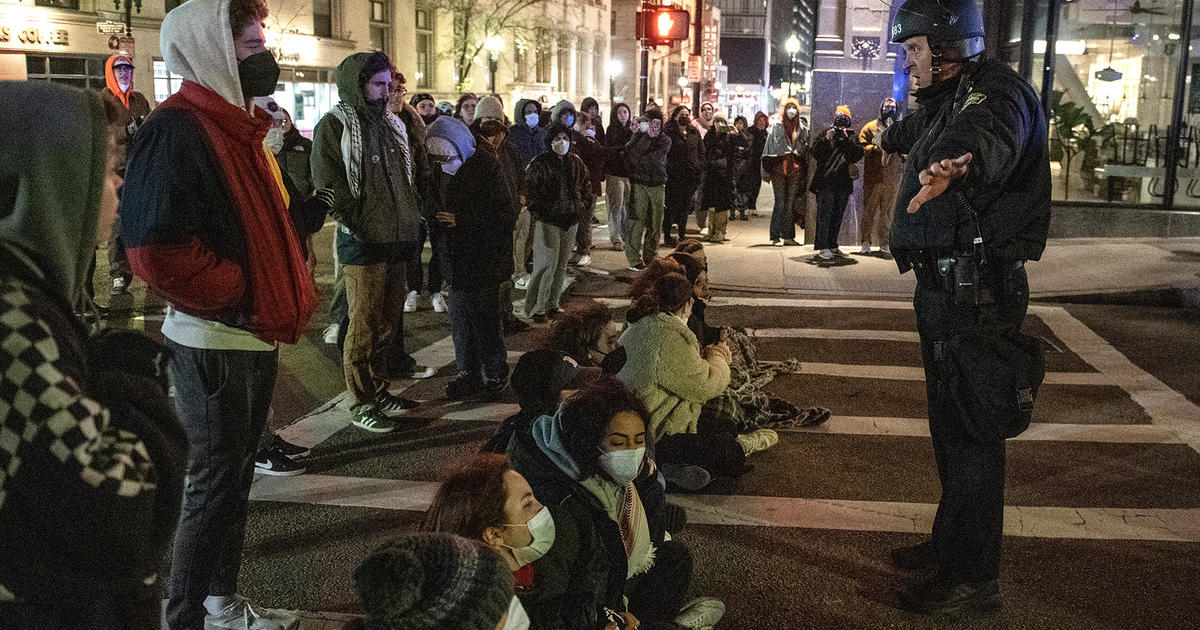Needham Couple Pushes To Ban Morcellation For Fibroids
BOSTON (CBS) - Uterine fibroids are one of the most common health problems women face. The treatment options have usually been considered pretty routine.
Now there are new concerns about a widely used procedure for fibroids known as morcellation. The fear is it can spread cancer.
Amy Reed of Needham is now going through chemotherapy because she has stage 4 leimyosocarcoma. "It was very hard initially," she said. "The level of anxiety is horrible."
It is not the outcome she expected to face after going into Brigham and Women's Hospital last October to have fibroids removed.
Instead of full abdominal surgery, Amy's doctor used a morcellator, which is a minimally invasive approach. The tumors are shredded into pieces and extracted thru a small tube.
As Amy went into the hospital, she wasn't worried. "My level of anxiety was relatively low . . . I've known people who've had fibroids, family members."
What Amy didn't know is that she had cancer. The cancer wasn't in the fibroids, but in the wall of the uterus. The process of morcellation took a bad situation and made it much, much worse.
Dr. Enrique Hernandez, chair of the of OBGYN department at Temple University Hospital in Philadelphia, explained "If you cut the pieces inside the abdomen, there is the potential to spread the cancer throughout the abdomen so that makes the stage of the cancer more advanced."
Donna Burkhart's family still struggles with her death from cancer. She had a hysterectomy with a morcellator.
Her daughter Jennifer Weller said, "It is hard to fathom that it would even be used or could be used safely in a medical setting knowing that it had spread the cancer everywhere."
Scott Burkhart said Donna was his soul mate; they dated only two weeks before getting engaged. He is now pursuing legal action. "I am angry. I am sad . . . she was my best friend."
Reed and her husband, Hooman Noorchashm, are now using their unique perspective to try and shine a light on a procedure they feel should be stopped. Both are physicians. Amy is an anesthesiologist at the BI-Deaconess and Hooman is a thoracic surgeon at Brigham and Women's.
They are collecting signatures on www.change.org to petition the government to ban the procedure.
"If 1/1,000 Toyota Camry's was catching fire when they hit 100,000 miles, you can be damned sure the United States government would get involved," said Reed.
Every day they see new postings from women and their loved ones who share their misfortunes with morcellation.
Four hospitals including the Brigham and Mass General were the first to restrict morcellation on their own.
Now, the Food and Drug Administration is discouraging all hospitals from using this procedure because "There is no reliable way to determine if a uterine fibroid is cancerous prior to removal." The federal agency added, "There is a risk that the procedure will spread the cancerous tissue . . ."
Dr. Hernandez added, "As we learn more about morcellation and the risks, we realize the risks are higher than we thought."
The risk could be as high as 1 out every 350 women.
Reed added, "I would like to think we are speaking for all the thousands of women who don't know where to turn or are told just like we were told initially, that 'I am sorry, you have cancer', and that unspoken part of that is to just go home and die."
Some hospitals like Mass General will now only perform morcellation after the uterus is enclosed in a protective bag to prevent the spread of any cancer cells.
This modification doesn't satisfy some critics who say the approach hasn't been approved by the FDA and the risk level is unknown.
The Brigham is not performing any type of morcellation at this time.
MORE HEALTH NEWS FROM CBS BOSTON



